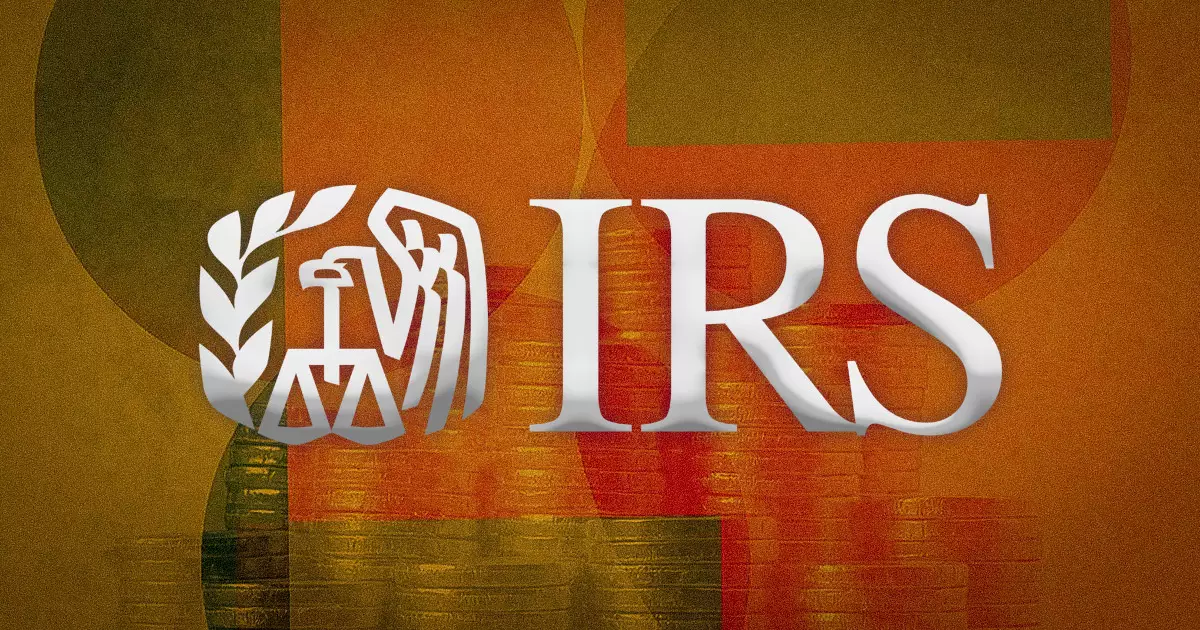The Internal Revenue Service (IRS) has recently released new guidelines regarding the taxation of cryptocurrency staking rewards. This move has significant implications for taxpayers who participate in staking activities and receive additional cryptocurrency units as validation rewards.
Under the new directives, taxpayers who engage in staking of cryptocurrency native to a proof-of-stake blockchain are required to include the value of their staking rewards in their gross income within the same taxable year of receipt. This rule applies specifically to cash-method taxpayers.
According to the guidelines, the exact value to be reported is the fair market value of the cryptocurrency at the point when the taxpayer establishes “dominion and control” over the rewards. In practical terms, this means that the value should be determined when the taxpayer gains the ability to sell, exchange, or otherwise transact with the received units.
The Internal Revenue Code defines a digital asset as a “digital representation of value recorded on a cryptographically secured distributed ledger or similar technology.” This definition encompasses a wide range of assets, including convertible virtual currencies and cryptocurrencies.
In a notable case in 2022, two cryptocurrency investors sought a tax refund for taxes paid on Tezos (XTZ) staking rewards. They argued that staking proceeds should not be taxed as income, as staking essentially creates new property. However, their case was dismissed, and the matter has been under appeal since November.
Although the specific ruling on the tax treatment of staking rewards is still pending, the IRS website suggests that staking income should be treated similarly to mining income and be subject to taxation. This guidance indicates that taxpayers should include staking rewards in their taxable income.
The recent issuing of guidelines on taxing cryptocurrency staking rewards follows the resolution of another cryptocurrency tax dispute involving the cryptocurrency exchange, Kraken. In this case, Kraken was ordered to provide specific investor data to the IRS. However, through legal negotiations, Kraken managed to limit the scope of the agency’s requests.
The IRS’s new guidelines on taxing cryptocurrency staking rewards have clarified the tax treatment of such rewards for taxpayers. While the specific ruling on staking income is still pending, it is clear that the IRS considers staking rewards to be taxable income. As cryptocurrency continues to gain popularity, it is crucial for taxpayers to understand and comply with these tax obligations.


















